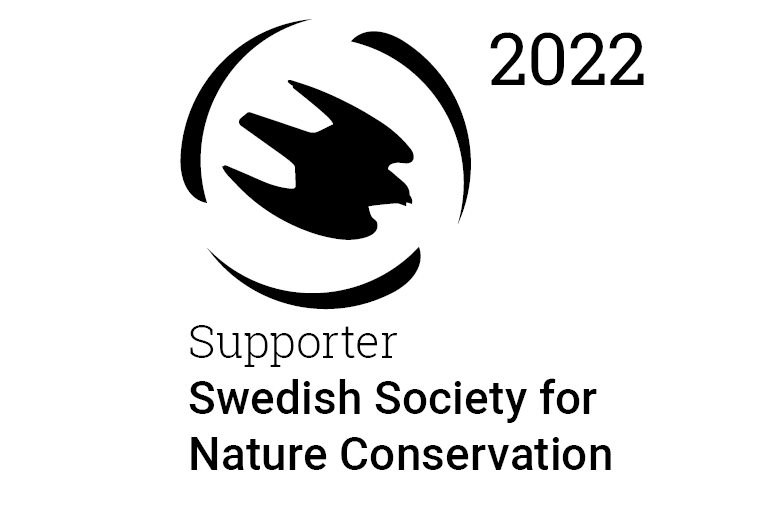Brazil Reach Regulation for Various Sectors
The authorities involved in pesticide management in Brazil are the Ministry of Agriculture, Livestock and Supply (MAPA), the National Health Surveillance Agency (ANVISA) under the Ministry of Health (MS), and the Brazilian Institute of the Environment and Renewable Natural Resources (IBAMA) under the Ministry of Environment (MMA).
Law 7802 (Pesticide Law) established Brazil's current pesticide legislative framework, which governs pesticide research, experimentation, production, packaging, labelling, transportation, storage, marketing, commercial-advertising, utilization, import, export, waste and package disposal, registration, classification, and control. The role of each ministry is given below:
- The Ministry of Agriculture (Article 5): Evaluates the efficiency of agrochemicals, phytotoxicity of pesticides and resistance management.
- The Ministry of Health (Article 6): Toxicological Assessment, Monitor MRL and Pre-harvest Interval and Dietary Risk Evaluation.
- The Ministry of the Environment (Article 7): Checks environmental assessment and evaluation of environmental hazards.
- The applicant must submit the application and its attachments in triplicate to the above-mentioned federal agencies in the agriculture, health, and environmental sectors.
- The applicant must submit the application and its attachments in triplicate to the above-mentioned federal agencies in the agriculture, health, and environmental sectors. The registration authority will consider the effectiveness, toxicological, and environmental reviews conducted by the various authorities before deciding whether to accept the registration.
- When new health/environmental concerns are discovered, or when Brazil is alerted of new dangers by international health or environmental groups, or when a new pesticide with a better safety/efficacy profile is created to replace an existing pesticide, pesticide reevaluation is undertaken.
- The authorities may analyze the dossiers in the same way and decide whether to keep, change, or cancel them.
- The validity of product registration can be unlimited or canceled due to a negative result during aperiodic reevaluation, violation of government-imposed enterprise sanctions or breach of operating scope.
After Submission for the Registration:
1. Submission of the product registration will be reviewed by all the Authorities.
2. MAPA expresses an opinion on whether the proposed product is appropriate to reduce the Efficacy Evaluation, Phytotoxicity and Resistance Management risks.
3. In parallel, the ANVISA judge the Toxicological Assessment, MRL and Pre-harvest Interval and Dietary Risk Assessment of the product.
4. In addition, IBAMA views the Environmental Assessment Evaluation of Potential Environmental Hazards of the product.
5. After all the opinions are considered, the Brazil ministries then make a final decision, which needs to be supported by the Member States in comitology.
6. After the restriction enters into force, the substance is listed on the banned list and shall not be manufactured, placed on the market, or used.
Re-Registration: Technical product, pre-mixture, and formed product research and experimentation should get a special temporary registration (RET). For efficacy, toxicity, environment, residue, and chemical investigations, pesticides containing RET can be made or imported in small quantities. Agriculture products in the treated region are unfit for human consumption or animal feed. The RET can be given automatically by the registration authorities if a pesticide comprises active components that have already been registered in Brazil. The research and experiments are divided into three stages based on the condition, activity area, and study strategy.
When a product is intended to be further processed, the law does not require it to be labeled as a retail item. However, the exporter must provide all required information to the importer. The information provided by the exporter does not have to be on the product package (foodservice and industrial use packages), but it should be on the documentation that accompanies the items at the very least. The law does not need a specific document; therefore, it may be an invoice, a technical description sheet, or anything else.
Companies involved in the manufacturing, formulation, repackaging, exportation, importation, marketing, and application service of pesticides shall file the registration application. The registration can be categorized as product registration, special temporary registration (RET), component registration, and entity registration depending on the business stage, ingredient, and registration object (a.k.a. establishment registration).
Decree 7074 specifies the required material, label format, and layout, as well as the elements and text content of pesticide labels and product manuals. To indicate the product hazard to the user, a color band should be placed on the pesticide label. The color corresponds to the toxicological rating determined according to ANVISA's recommendations.


